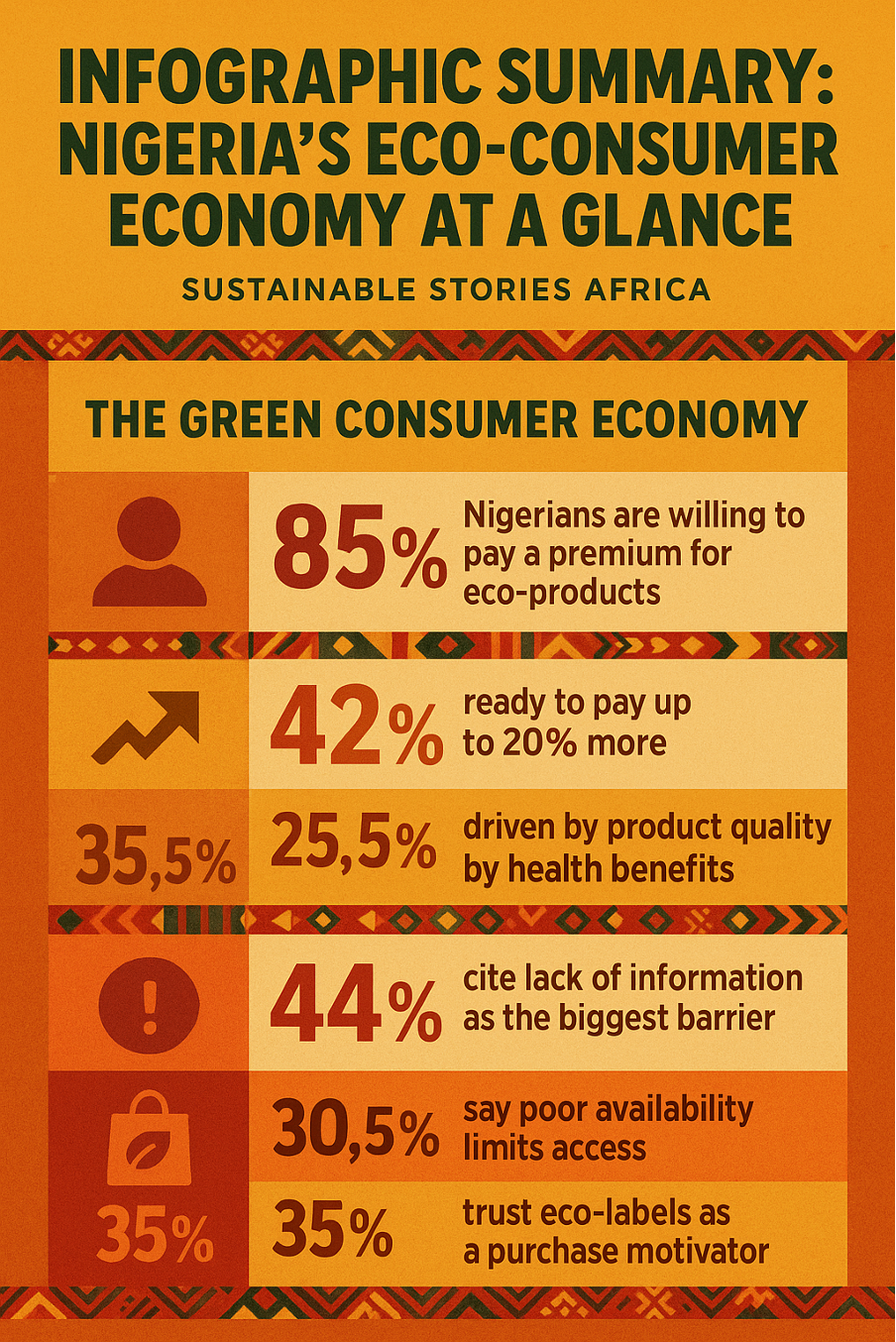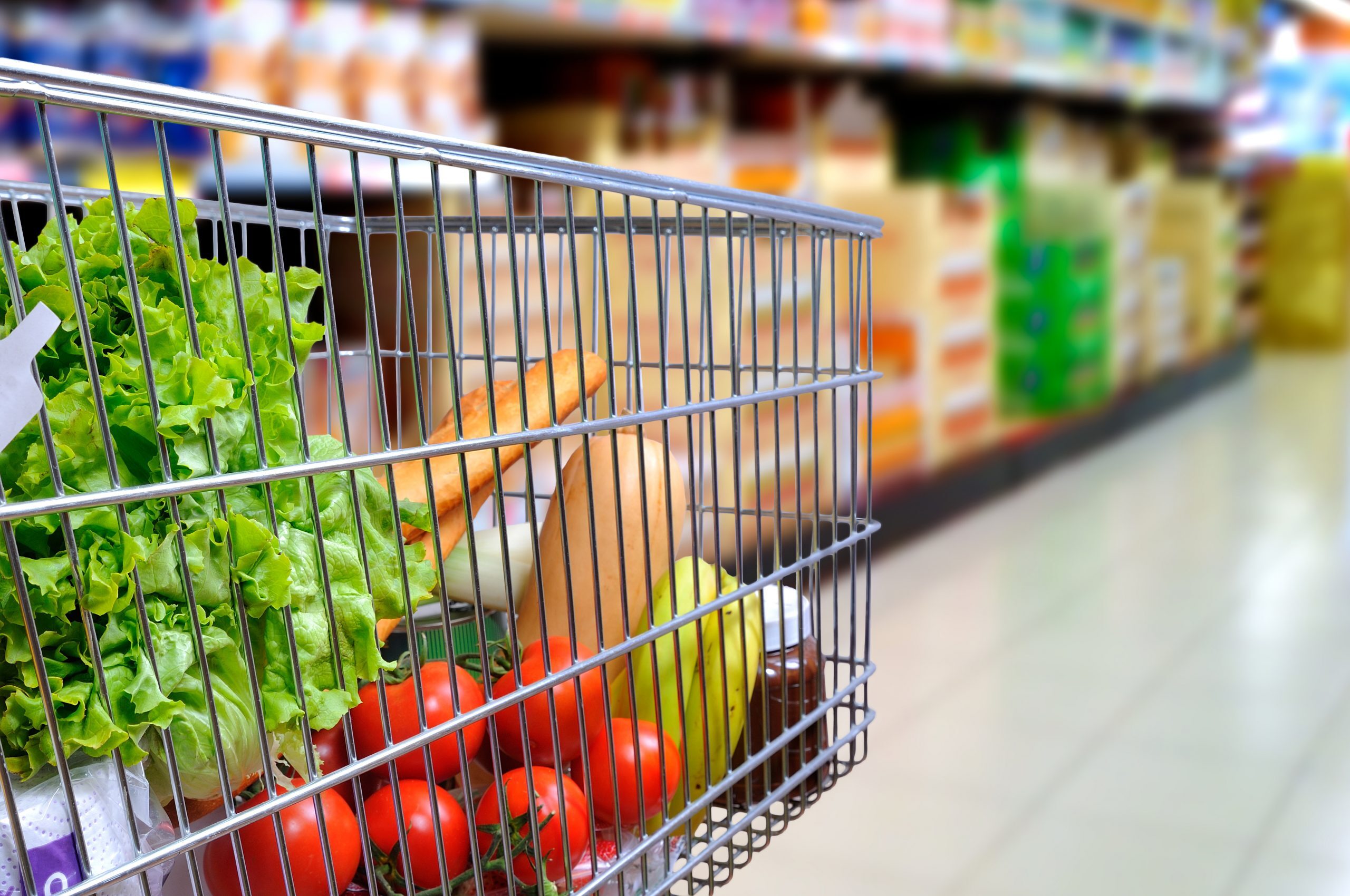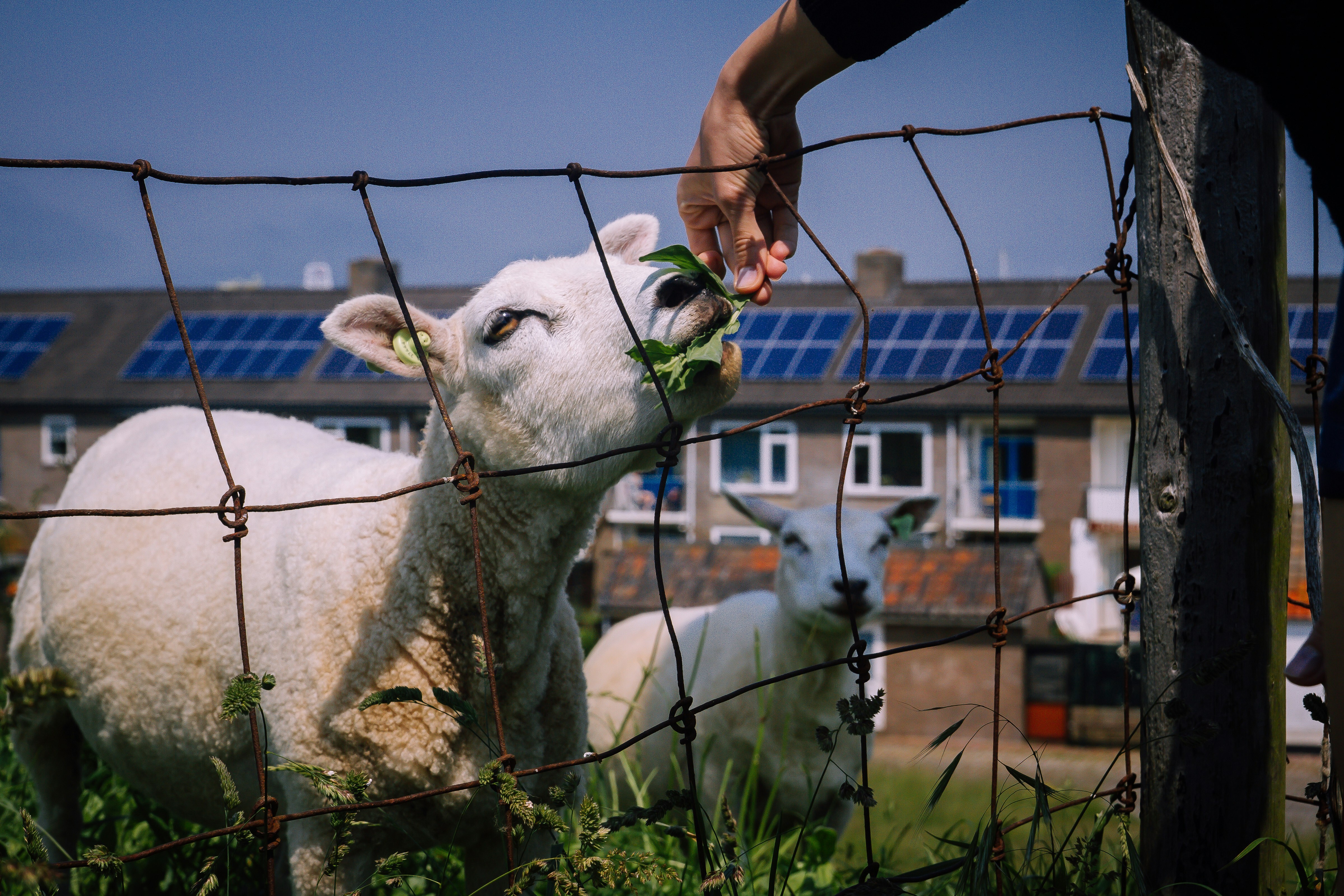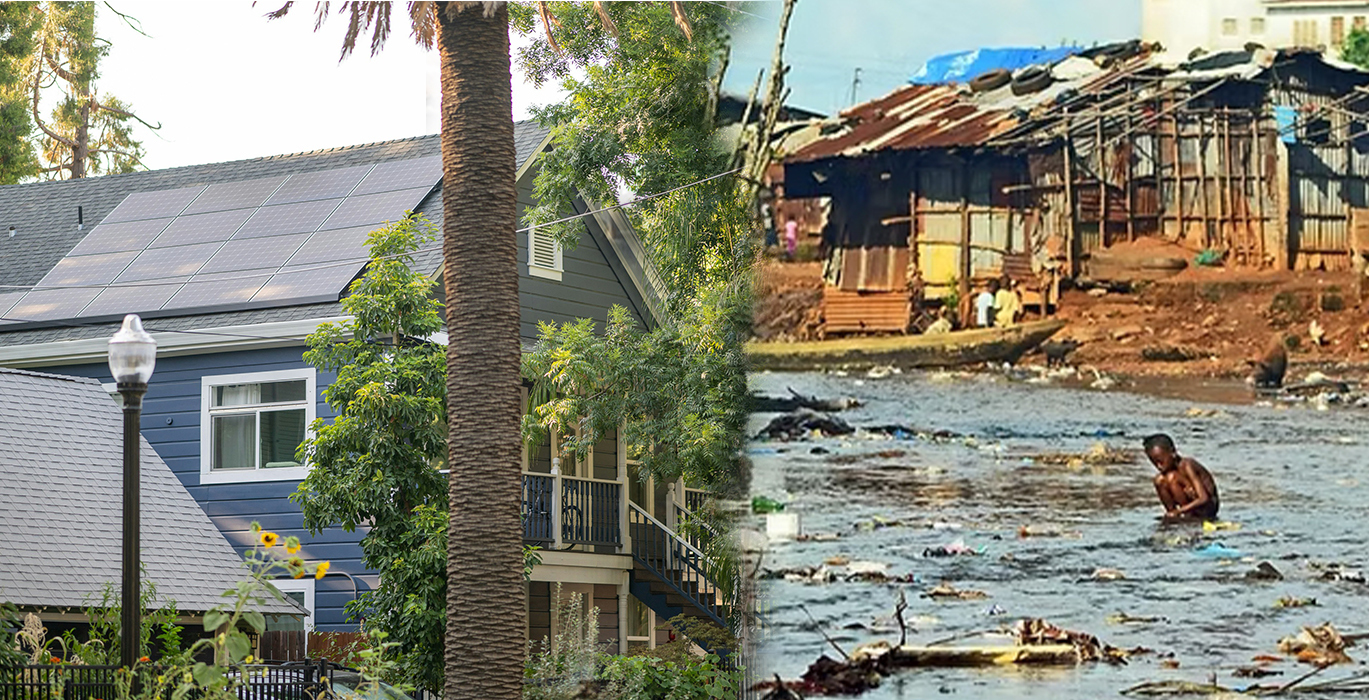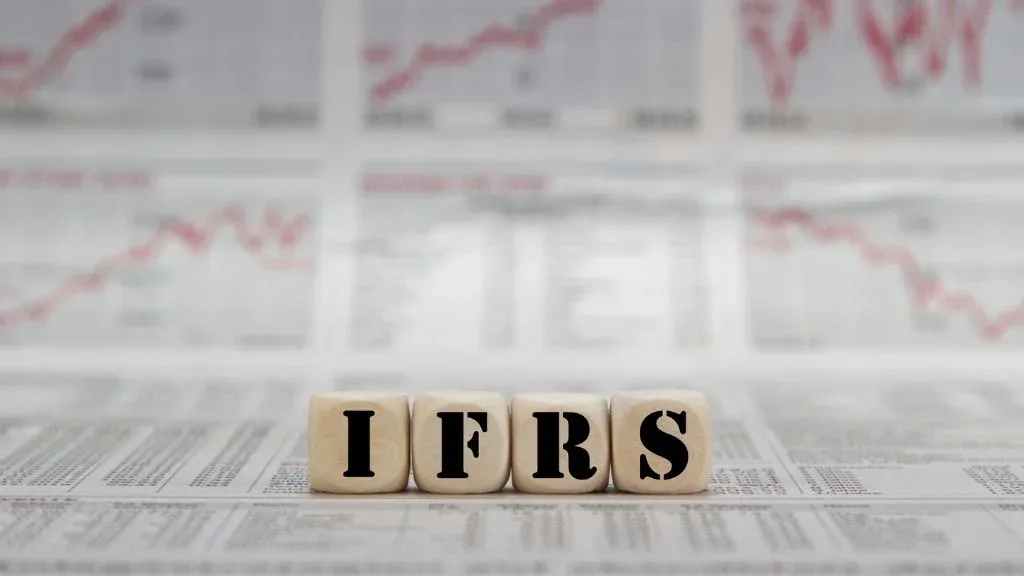Across Nigeria, a quiet revolution is reshaping consumer choices.
A landmark study finds that over 85% of Nigerians are willing to pay extra for eco-friendly products, motivated by quality, health, and conscience.
The findings reveal a fast-evolving green consumer base, challenging brands to meet a new demand: sustainability that's affordable, authentic, and accessible.
Nigeria's Consumers Put Planet Before Price
For years, Nigeria's markets were dominated by price wars. But now, another metric is emerging: the planet.
A new study by Lydia Nkechi Philip explores a vital question. How much are Nigerian consumers willing to pay for eco-friendly products?
The answer is striking. Most are ready to pay between 16% and 20% more for products they believe are safer for their health and better for the environment.
The findings mark a turning point in Nigerian consumer behaviour. Once driven purely by affordability, consumers now blend value with values.
The report, which is based on surveys of 200 Nigerians across demographics, reveals that quality (35.5%), health (25.5%), and brand trust (12.5%) are key motivators.
This shift signals more than a market trend. It is a new consciousness. For brands, policymakers, and investors, it's an emerging green economy taking root from Lagos to Abuja, powered by informed, willing consumers.
Nigeria's Green Awakening
When 85% of a nation's consumers say they're ready to pay more for eco-friendly products, the market listens.
Nigeria's consumers are embracing sustainability not just as a moral choice, but as a lifestyle shift. From Lagos supermarkets to Kaduna marketplaces, the study finds growing preference for eco-labelled cleaning products, organic foods, and personal care items.
"We're witnessing a green awakening,"
says Dr Lydia Philip, the report's lead author.
"Consumers are making purchasing decisions with environmental awareness, even amid economic strain."
Willingness to Pay for Eco-Friendly Products
Category | Response (%) | Interpretation |
|---|---|---|
Willing to pay more | 85.5 | Market-ready for green goods |
Not willing | 14.5 | Price-sensitive consumers remain |
Willing to pay 16–20% more | 42 | Mid-level affordability threshold |
Willing to pay >20% more | 28 | High-value consumer segment |
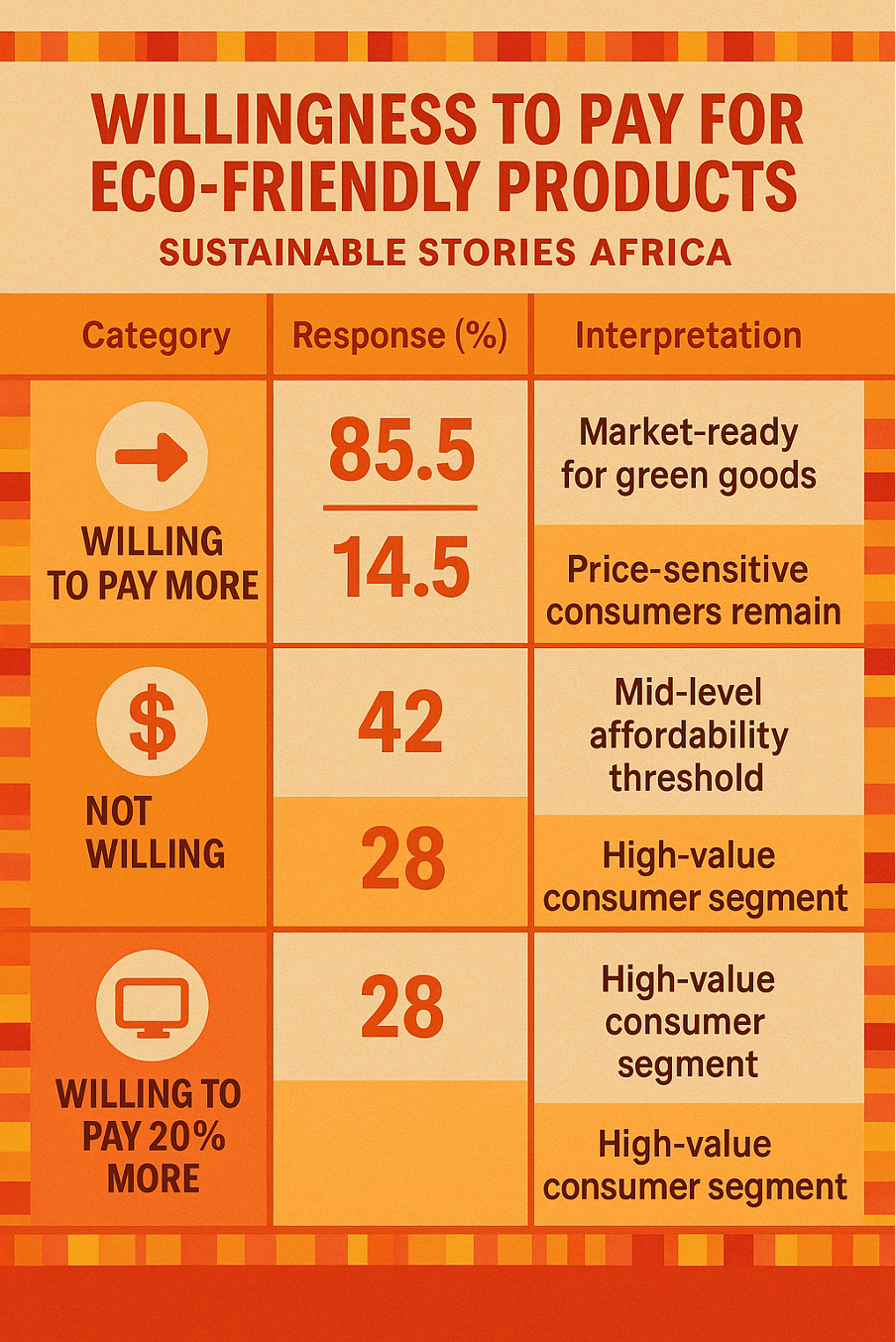
The Market Metrics Behind the Movement
Data from the study paints a new picture of the Nigerian eco-consumer. Many respondents are young (26–35 years old, 43.5%) and educated (81% tertiary/postgraduate level).
They associate eco-friendly products with quality and health benefits more than status.
Motivation and Product Preference
Motivation for Purchase | Percentage (%) | Top Product Category |
|---|---|---|
Quality | 35.5 | Household cleaning products |
Health benefits | 25.5 | Personal care items |
Environmental concern | 10 | Food and beverages |
Brand trust | 12.5 | Electronics |
Social influence | 10.5 | Clothing |
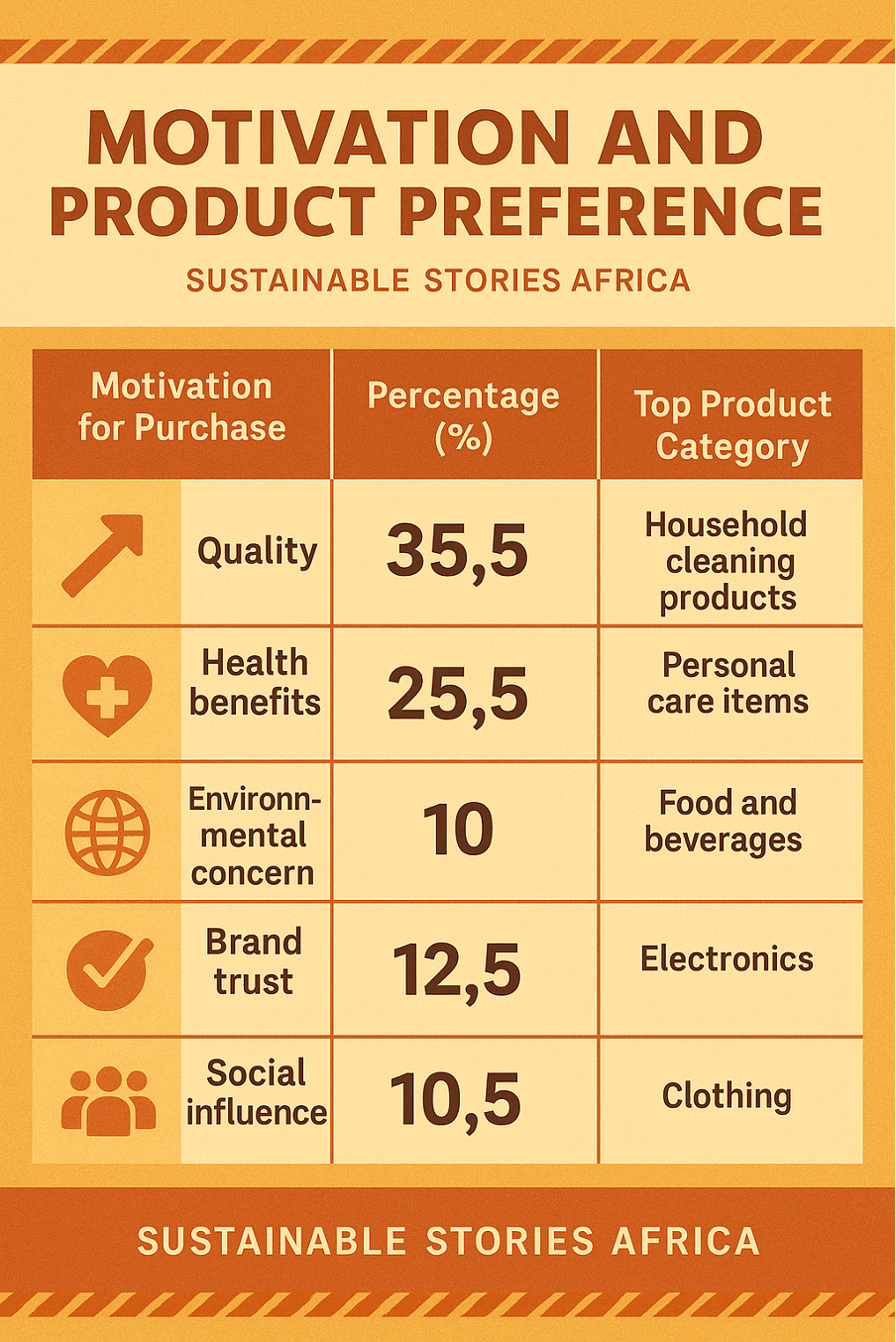
While affordability still matters, the survey shows product integrity and trust in eco-labels are rising in importance. Yet, information gaps (44%) and limited availability (30.5%) remain major hurdles.
"Consumers don't just want to buy green—they want to believe green," says sustainability analyst Chika Umeh.
From Awareness to Actionable Opportunity
The willingness-to-pay index reveals a strong appetite for green transformation, though it is fragile.
If brands improve transparency and the government supports eco-production, Nigeria could unlock a multi-billion-naira green market.
Barriers vs Motivators for Green Purchasing
BARRIERS TO GREEN PURCHASES MOTIVATORS FOR GREEN PURCHASES
Lack of information (44%) Trust in eco-claims (35%)
Limited availability (30.5%) Better information access (26.5%)
High cost (18.5%) Greater product availability (18.5%)
Distrust in claims (2%) Lower prices (10%)
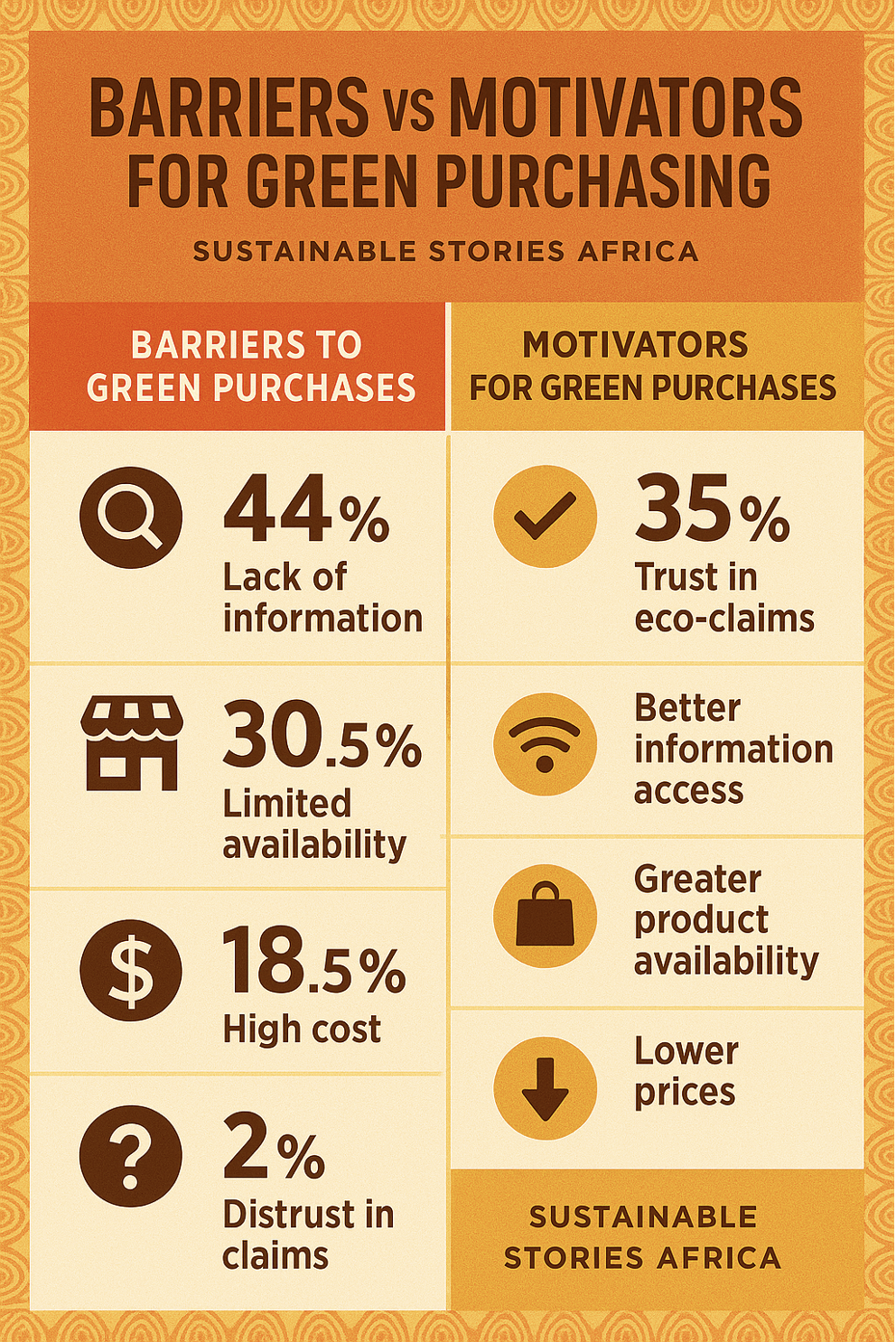
This balance of scepticism and optimism signals a maturing consumer base. Nigerians want proof of authenticity, clear eco-labels, and affordable access.
If addressed, the study predicts a 20% growth in sales for verified green brands within three years. "Transparency equals trust," notes Umeh. "Whoever earns it, wins the future market."
Building Trust in Nigeria's Green Market
For companies and policymakers, the next move is clear. Nigeria's growing eco-consumer base offers tangible opportunities for innovation; however, only if businesses align with credibility, accessibility, and affordability.
Recommended Actions
Stakeholder | Priority Action | Expected Impact |
|---|---|---|
Businesses | Adopt third-party eco-certifications and publish sustainability data | Builds consumer trust (↑35%) |
Government | Subsidize eco-production and reduce import tariffs on green inputs | Expands product access (↑30%) |
Financial Sector | Support green startups through low-interest credit | Stimulates local innovation |
Media & NGOs | Launch nationwide awareness campaigns | Increases public literacy (↑25%) |
By reinforcing trust through eco-labelling, education, and policy support, Nigeria can turn consumer willingness into measurable growth.
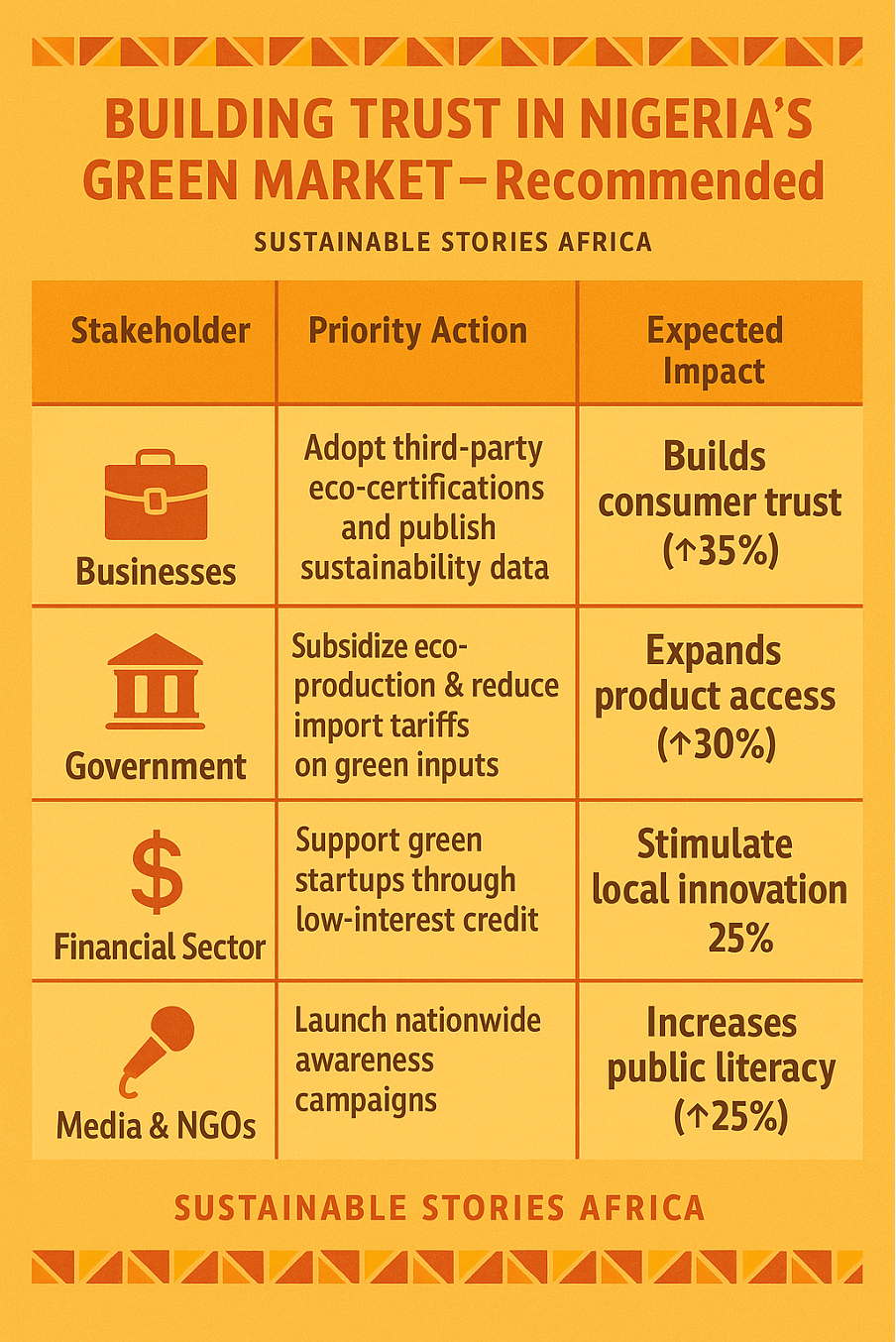
Path Forward – Turning Green Intent Into Green Income
Nigeria's consumers are speaking with their wallets and their values. With over 85% willing to pay more for sustainable products, the market is ready for transformation.
The path forward lies in scaling trust, transparency, and availability.
Through policy incentives, credible eco-labelling, and expanded market access, Nigeria can turn its green intent into green income, where sustainability is not just a choice, but a competitive advantage.
Infographic Summary: Nigeria's Eco-Consumer Economy at a Glance
